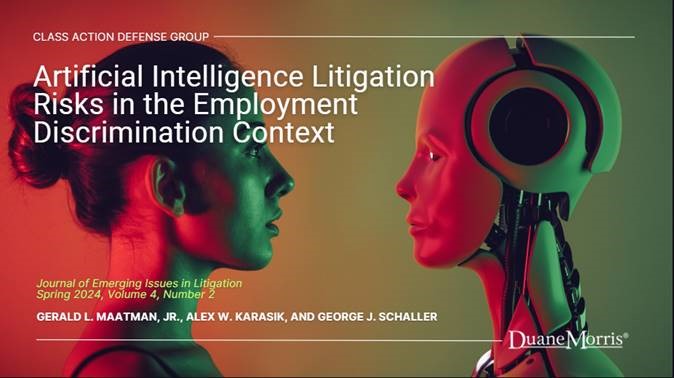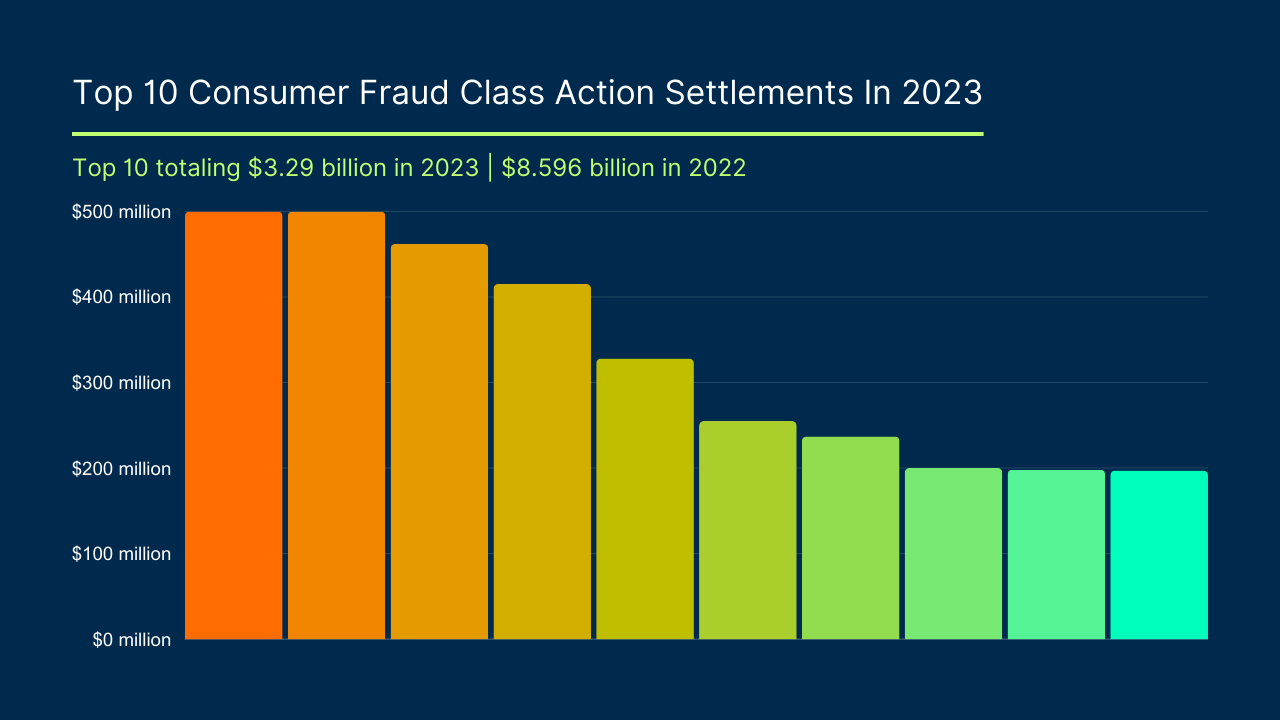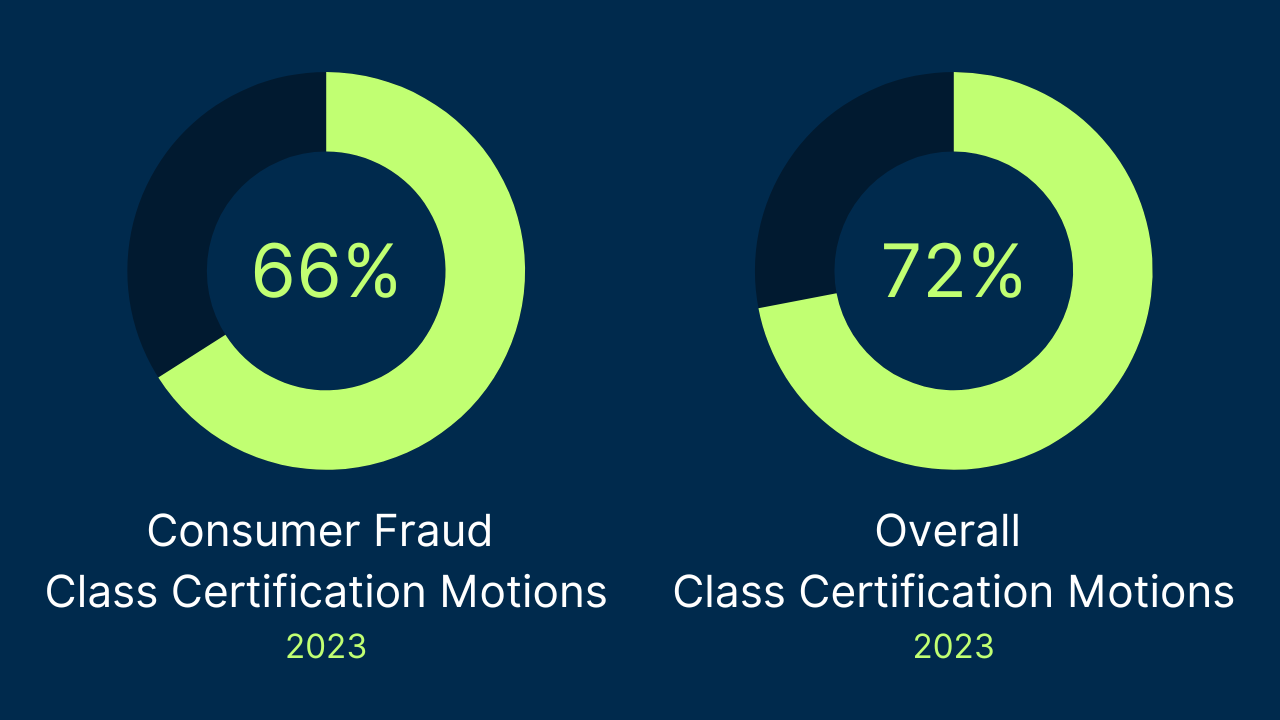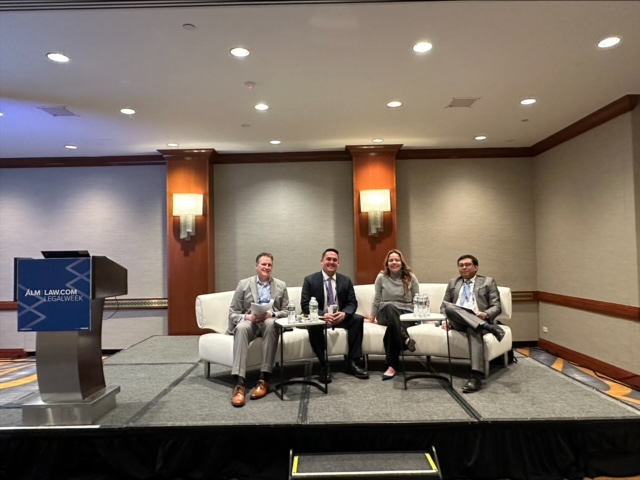Duane Morris Takeaway: Available now is the recent article in the American Bar Association’s magazine “The Brief” by Partner Alex Karasik entitled “An Examination of the EEOC’s Artificial Intelligence Evolution.”[1] The article is available here and is a must-read for all employers and corporate counsel!
In the aftermath of the global pandemic, employee hiring has become a major challenge for businesses across the country, regardless of industry or region. Businesses want to accomplish this goal in the most time- and cost-effective way possible. Employers remain in vigorous pursuit of anything that can give them an edge in recruiting, hiring, onboarding, and retaining the best talent. In 2023, artificial intelligence (AI) emerged as the focal point of that pursuit. The use of AI offers an unprecedented opportunity to facilitate employment decisions. Whether it is sifting through thousands of resumes in a matter of seconds, aggregating information about interviewees’ facial expressions, or generating data to guide compensation adjustments, AI has already had a profound impact on how businesses manage their human capital.
Title VII of the Civil Rights Act of 1964, which is the cornerstone federal employment discrimination law, does not contain statutory language specifically about the use of AI technologies, which did not emerge until several decades later. However, the U.S. Equal Employment Opportunity Commission (EEOC), the federal government agency responsible for enforcing Title VII, has made it a strategic priority to prevent and redress employment discrimination stemming from employers’ use of AI to make employment decisions regarding prospective and current employees.
Focusing on the EEOC’s pioneering efforts in this space, this article explores the risks of using AI in the employment context. First, the article examines the current litigation landscape with an in-depth case study analysis of the EEOC’s first AI discrimination lawsuit and settlement. Next, to figure out how we got here, the article travels back in time through the origins of the EEOC’s AI initiative to present-day outreach efforts. Finally, the article reads the EEOC’s tea leaves about the future of AI in the workplace, offering employers insight into how to best navigate the employment decision-making process when implementing this generation-changing technology.
Implications For Employers: Similar to the introduction of technologies such as the typewriter, computer, internet, and cell phone, there are, understandably, questions and resulting debates about the precise impact that AI will have on the business world, including the legal profession. To best adopt any new technology, one must first invest in understanding how it works. The EEOC has done exactly that over the last several years. The businesses that use AI software to make employment decisions must similarly make a commitment to fully understand its impact, particularly with regard to applicants and employees who are members of protected classes. The employment evolution is here, and those who are best equipped to understand the risks and rewards will thrive in this exciting new era.
[1] THE BRIEF ❭ Winter 2024 An Examination of the EEOC’s Artificial Intelligence Evolution VOLUME 53, NUMBER 2, WINTER 2024. © 2024 BY THE AMERICAN BAR ASSOCIATION. REPRODUCED WITH PERMISSION. ALL RIGHTS RESERVED. THIS INFORMATION OR ANY PORTION THEREOF MAY NOT BE COPIED OR DISSEMINATED IN ANY FORM OR BY ANY MEANS OR STORED IN AN ELECTRONIC DATABASE OR RETRIEVAL SYSTEM WITHOUT THE EXPRESS WRITTEN CONSENT OF THE AMERICAN BAR ASSOCIATION.









